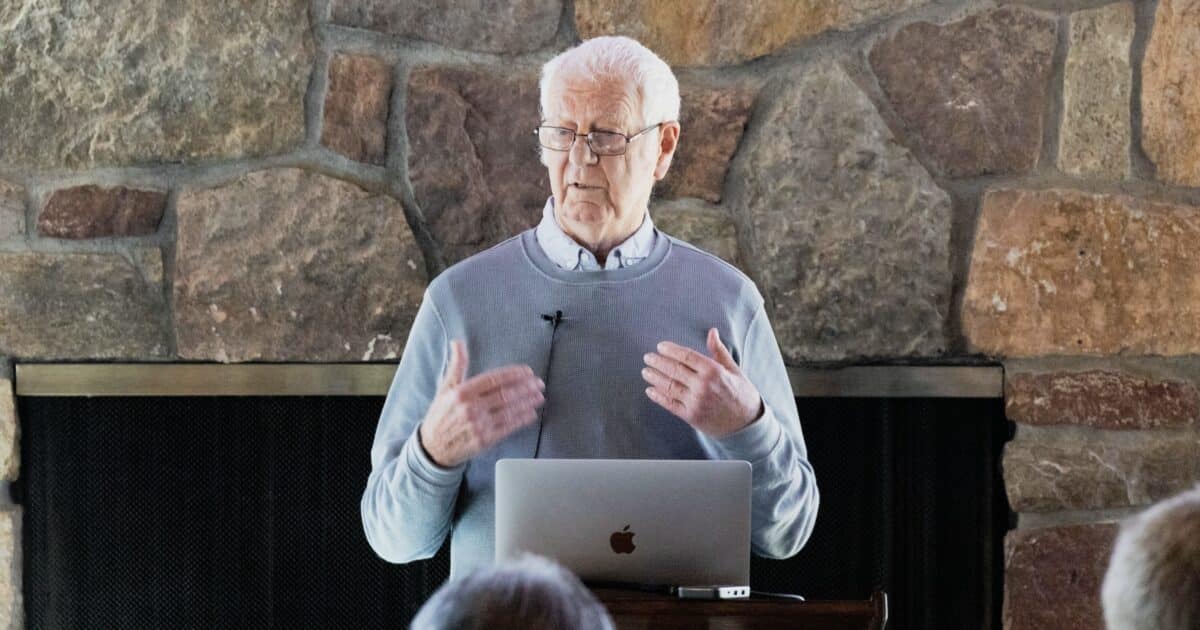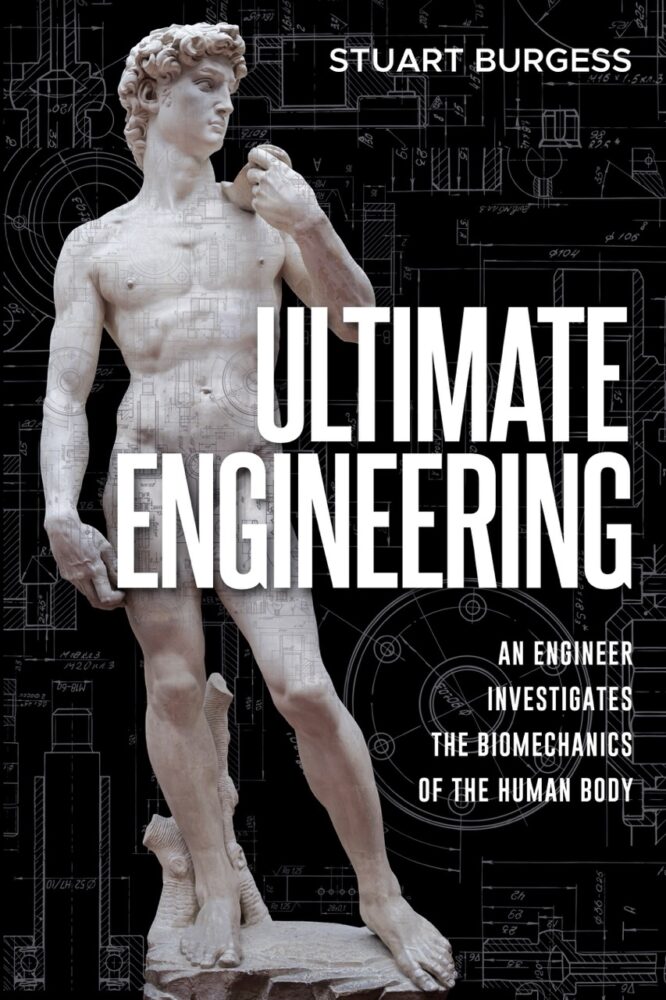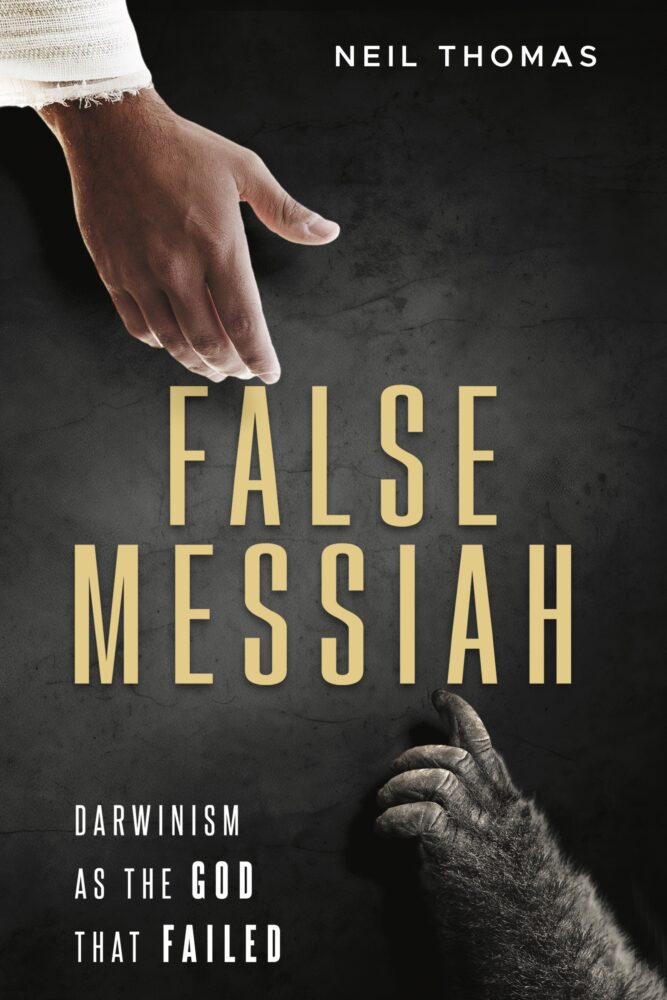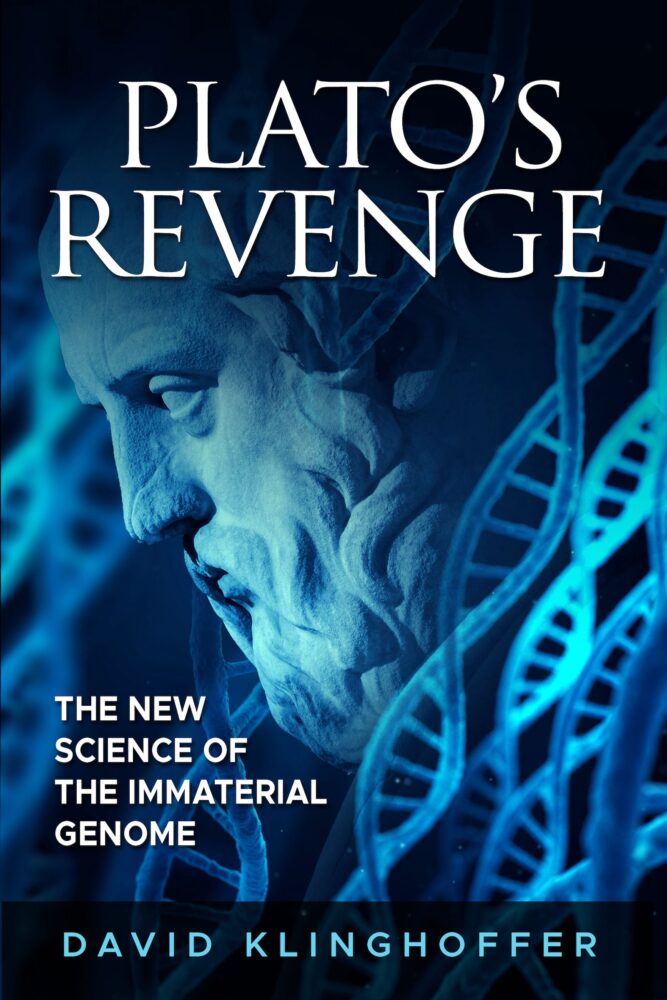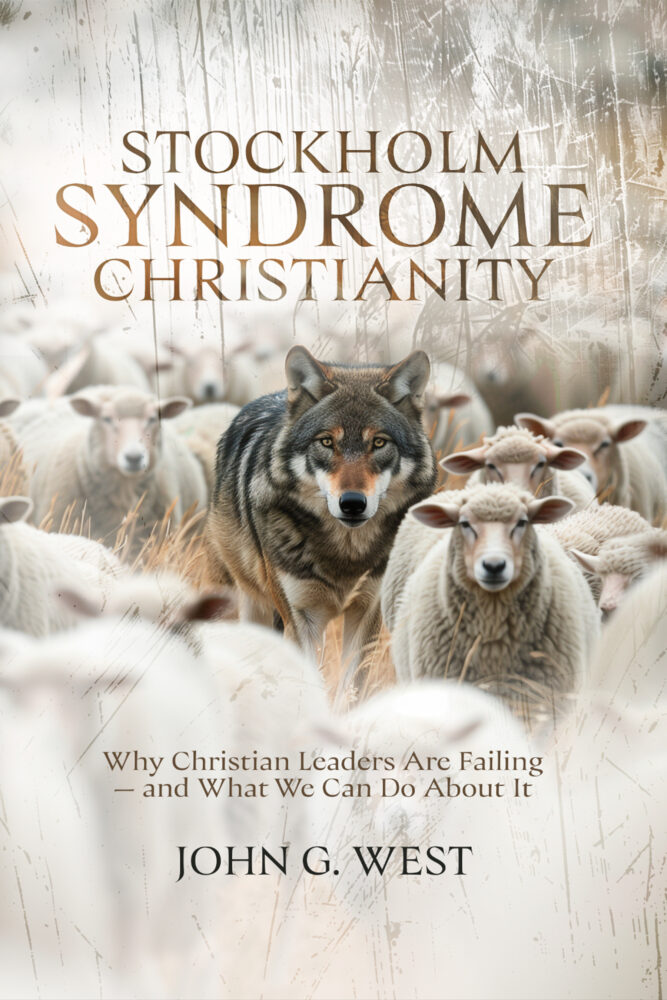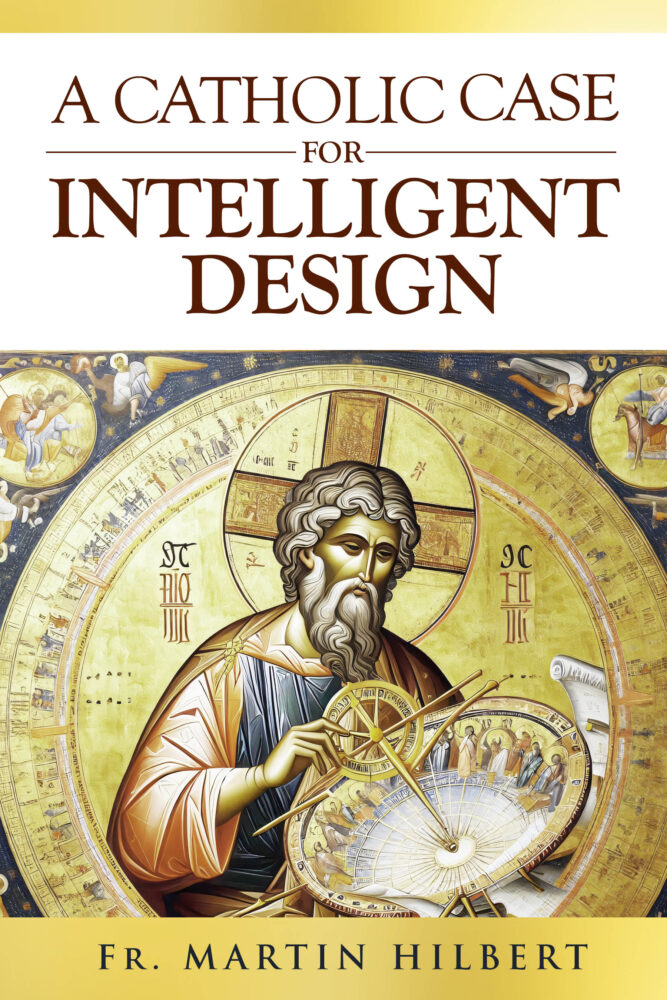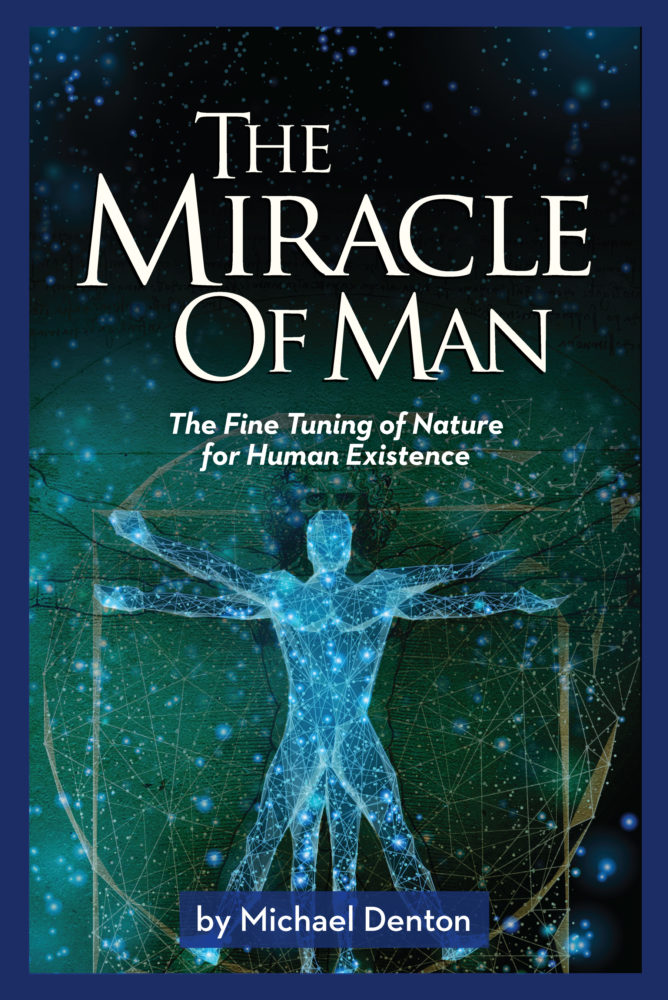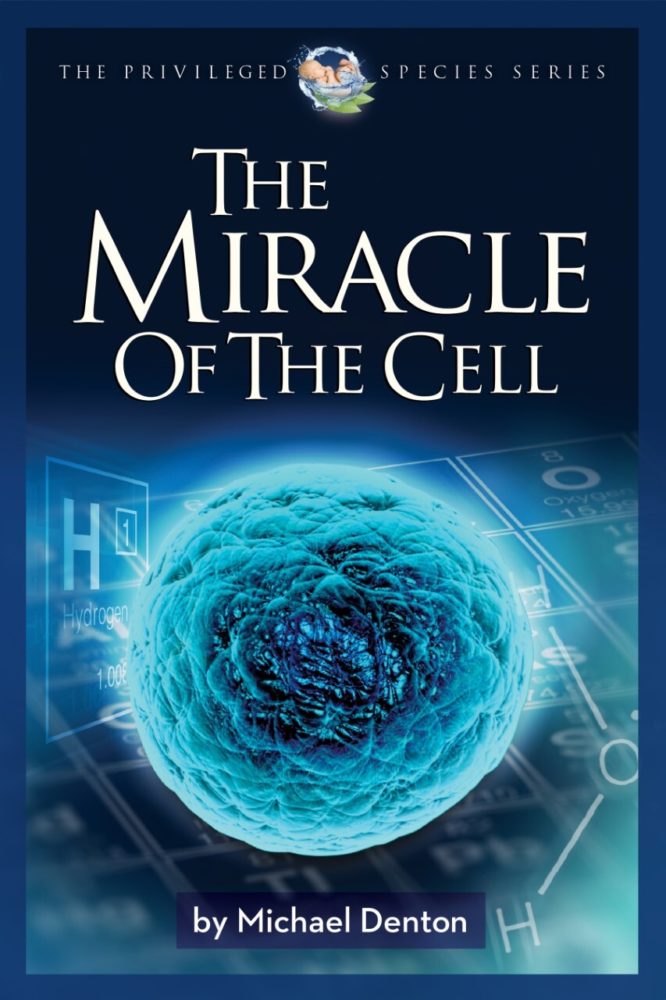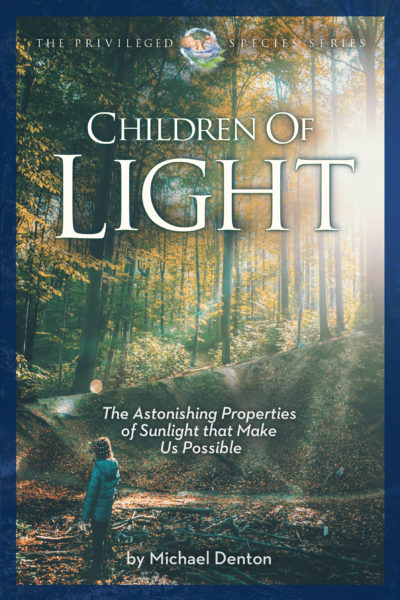
The Latest

Hot off the Press
Books at the intersection of science, education, technology, culture, and public policy.
Search Books
Praise
Clearly written, rigorous, and intellectually compelling. A work of genuine genius.
Stephen C. Meyer on Dembski’s and Ewert’s The Design Inference
Darwin’s Bluff will shock most readers in every chapter.
Tom Woodward on Robert Shedinger’s Darwin’s Bluff
An inspiring overview of the history and physics of our modern view of the universe …
Abraham (Avi) Loeb on Jean-Pierre Luminet’s Big Bang Revolutionaries
This excellent and well-illustrated book convincingly puts into a clear focus the key original contributions of Friedmann and Lemaître.
Roger Penrose on Jean-Pierre Luminet’s Big Bang Revolutionaries
Prepare to be dazzled. This new edition of The Design Inference is a tour de force of thinking and explaining — a veritable feast.
Gale Pooley on Dembski’s and Ewert’s The Design Inference
Book News
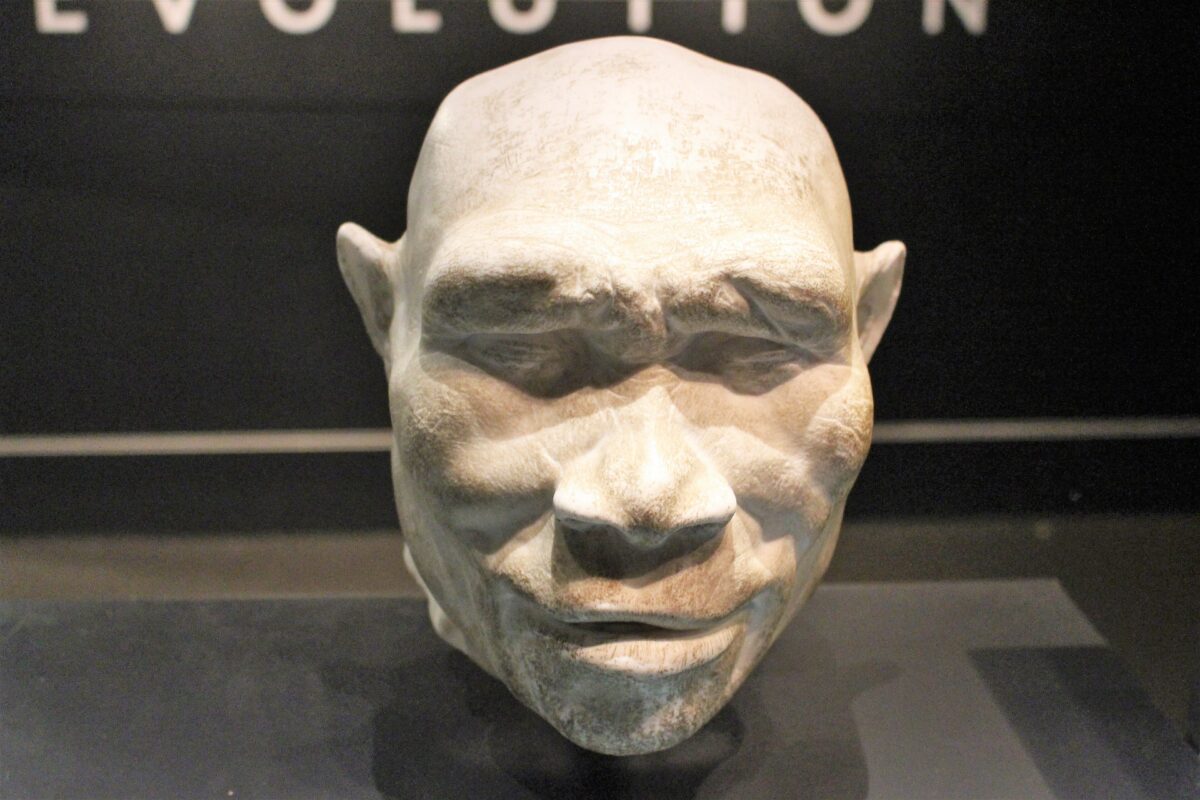
Gulf Between Ape-Like and Human Grows Wider
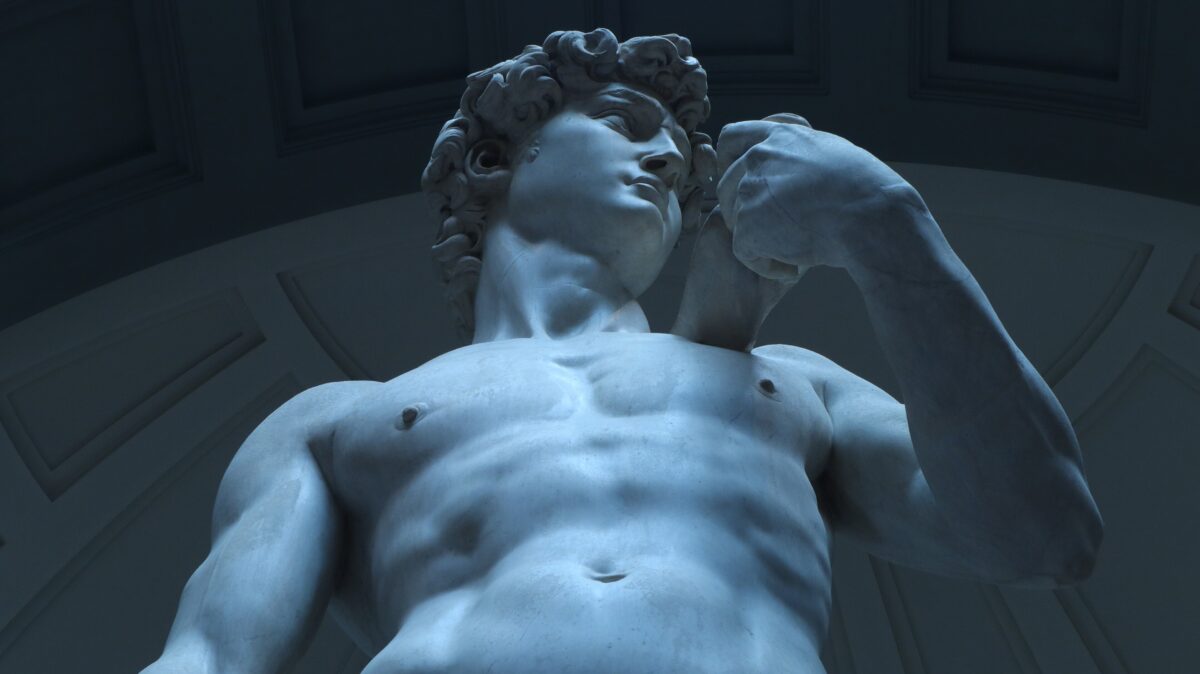
Human Body’s “Ultimate Engineering”: Pre-Order Now

For Christmas, Share Evidence of Nature’s Design

For Christmas, Give the Gift of Learning

New Audiobooks by West, Klinghoffer Available Now

John Searle (1932–2025): A Titan Passes
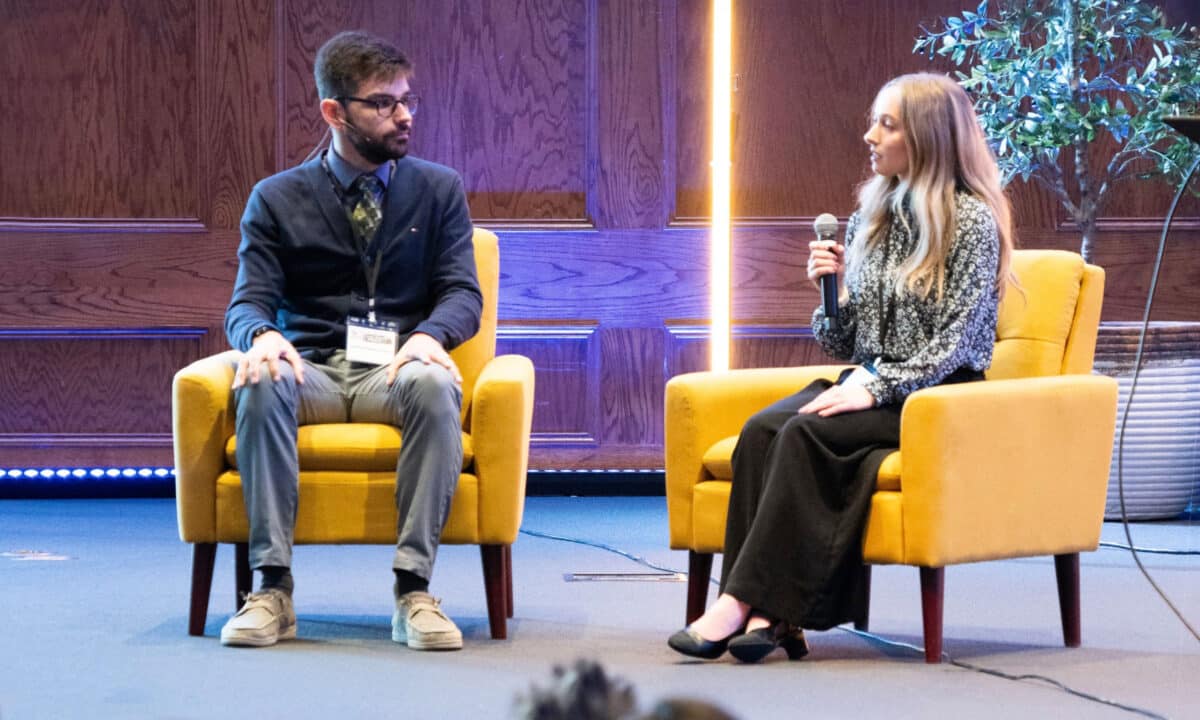
ID Education Day Is Coming to Tacoma, November 6!
